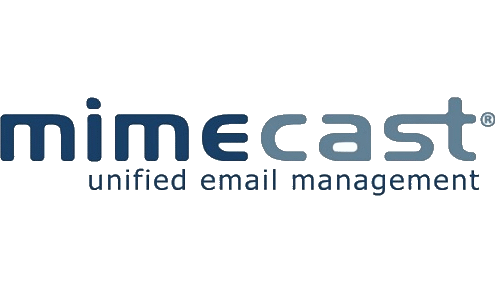Why Deliverability Matters to Me

Welcome to deliverability week. I want to especially thank Al for doing a lot of work behind the scenes herding this group of cats. He’s an invaluable asset to the community.
The topic today is why deliverability matters to me. Until I started writing this, I hadn’t really thought about it much. Like most folks, I kinda fell into deliverability. I still describe myself as a scientist by training.
I think that to figure out why it matters, I need to start at the beginning and talk about the impact of email on my life and at why email matters to me. Email matters because it’s a communication tool and introduced me to thousands of people I would have never been able to interact with. Deliverability matters because it’s the key to keeping email as a viable and practical communication tool.
Ancient History (pre-2000)
My first job out of high school was interning in a molecular biology research lab at the FDA on Capitol Hill. That was where I had my first exposure to BITNET and then later the Internet. My interest in email actually started then. My boyfriend at the time stayed down in Blackburg for the summer, while I was up in DC. We tried to email each other, but couldn’t.
When I moved to grad school, I got a non .gov email address. When I got my first spam, sometime in 94 or 95, I used tracking spammers down as a way to understand email and learn about the internet. Throughout the 90s fighting spam was a hobby I did between experiments. I started participating in the news.admin.net-abuse USENET groups, anti-spam mailing lists like spam-l and some anti-spam related IRC channels. Many of the folks I met then are still friends and colleagues – including Al. This is also where Steve and I met even though we were living and working in two different time zones.
By 2000 Steve and I were married and living in California where he was working for UltraDNS. I was looking for jobs in the booming Bay Area biotech scene, but couldn’t find quite the right position. After a few months some of the other folks I met on USENET were working for MAPS and recruiting me to come work with them.
The job that really interested me was not on the blocklist side of things, but rather the education and compliance side of things. We were the carrot backed up by the blocklist stick. My first position there was managing a team of folks handling abuse complaints for a major network provider. As the company grew, I moved over to head up client services. I was tasked with developing an outsourced abuse desk product for MAPS to sell to third parties. I’d just made our first sale back in early 2001 when the company laid off most of us not on the blocklist side of things.
The start (early 00’s)
I mentioned Steve was working at UltraDNS at the time. The company was founded by Rodney Joffe who I talked about when he won the Mary Litynski Award. He started recommending me to his friends and colleagues to help them solve their MAPS blocklisting problems.
Deliverability wasn’t really a thing when I started consulting for companies. Mostly I would go into a company and look at their processes and explain to them how to comply with MAPS requirements to get delisted. It wasn’t about inbox or not inbox. It was solving the immediate blocking problem.
Spam filters were very primitive. They blocked by IPs and sometimes domains. There were the vague beginnings of spam folders at some mailbox providers, but they weren’t what we think of today. People were still manually writing rules to block spam.
The infrastructure we now rely on for deliverability just didn’t exist.
- FBLs didn’t exist.
- Gmail didn’t exist
- Authentication didn’t exist.
- CAN SPAM didn’t exist.
- Report Spam buttons didn’t exist.
- Best Practice recommendations consisted of “use confirmed opt-in”.
We were all flying by the seat of our pants and trying to navigate wholly unknown terrain. We were fighting to preserve an email ecosystem without the tools or the knowledge or the community that we have today.
What it means to me
At the end of the day, I still consider myself an anti-spammer. What I do is all about stopping spam. Many of those USENET colleagues and friends ended up founding or building filtering companies. Others work for blocklists or abuse or postmaster desks. I took a different path. Instead of going down the blocking route, I stayed on the side of the carrot. My anti-spam work is teaching companies ways to send email that are respectful of the recipient. They can make money from an opt-in model and they can be effective even if they’re not blasting out email to every address they can find.
To me, email is magical. It gave me a way to get to know and connect with people I would otherwise never have met. It let me continue relationships that spanned the globe. I’ve gotten multiple jobs due to the relationships I’ve created through email. My first post-grad school research job was for someone I met on an discussion list. My job at MAPS was definitely due to my online activities. I even met the guy I’ve been married to for 25 years (this July!) because of email and specifically spam.
Email is special. Email deserves to be protected because it’s valuable. It’s important. Filters and blocklists have their place. But someone needs to be the carrot. Someone needs to show marketers and companies how to use email non-destructively. How to make email work for everyone. That’s the path I chose so long ago when MAPS was courting me. It’s the path I’ve traveled for years now. It’s a path I’m proud of.
Deliverability is important because we are the protectors and the caretakers of the email ecosystem.
